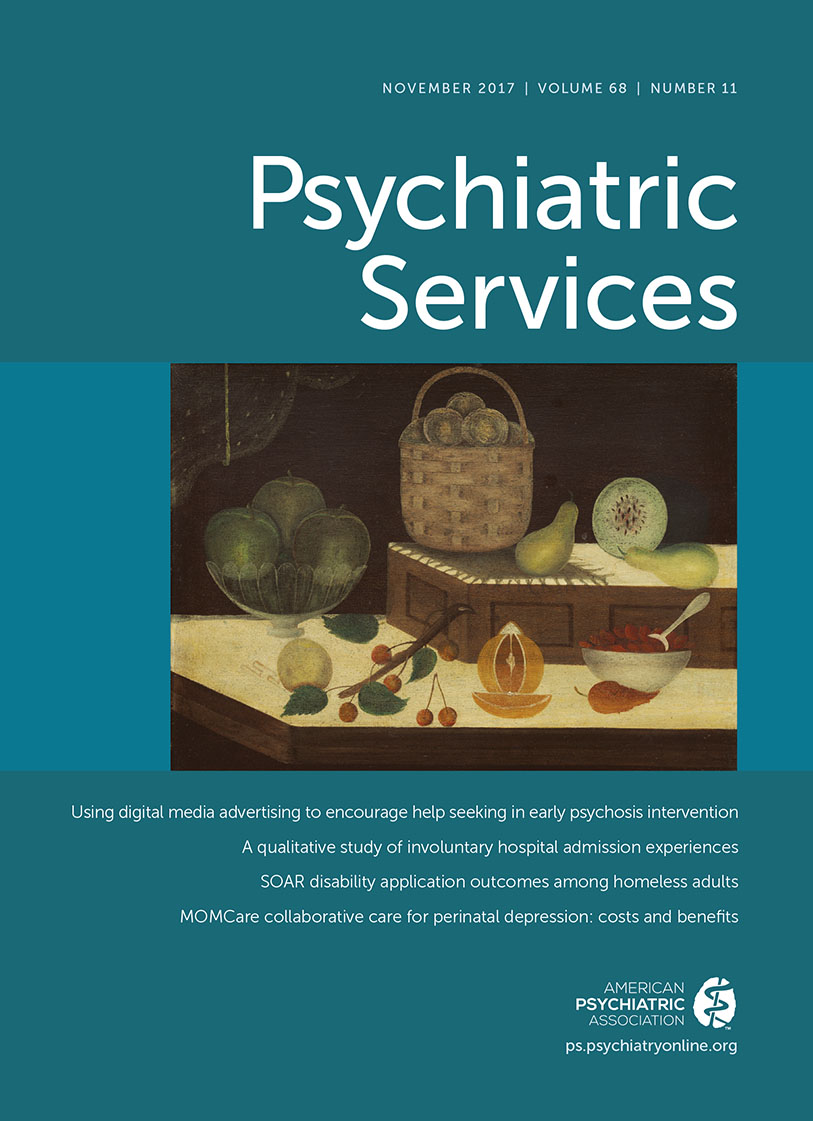Medicare Accountable Care Organizations and Antidepressant Use by Patients With Depression
Abstract
Objective:
This study examined whether Medicare accountable care organization (ACO) programs were associated with early changes in antidepressant use or adherence among beneficiaries with depression.
Methods:
A difference-in-difference design was used to compare claims from Medicare fee-for-service beneficiaries (2009–2013) and ACO patients with those from local control groups. Outcome measures were total antidepressant days supplied, filling one or more antidepressant prescriptions, and proportion of days covered (PDC) by supply among antidepressant users (adherence).
Results:
Among antidepressant users, ACO contracts were associated with slight differential increases in PDC (.4–.8 percentage point, p≤.03), depending on ACO program and entry year. The proportion of patients with one or more prescriptions was unchanged or decreased slightly for ACO patients with depression, such that total supply did not consistently increase.
Conclusions:
Medicare ACO programs were associated with early modest increases in antidepressant adherence but not with increases in the proportion of patients with depression who received antidepressants.



